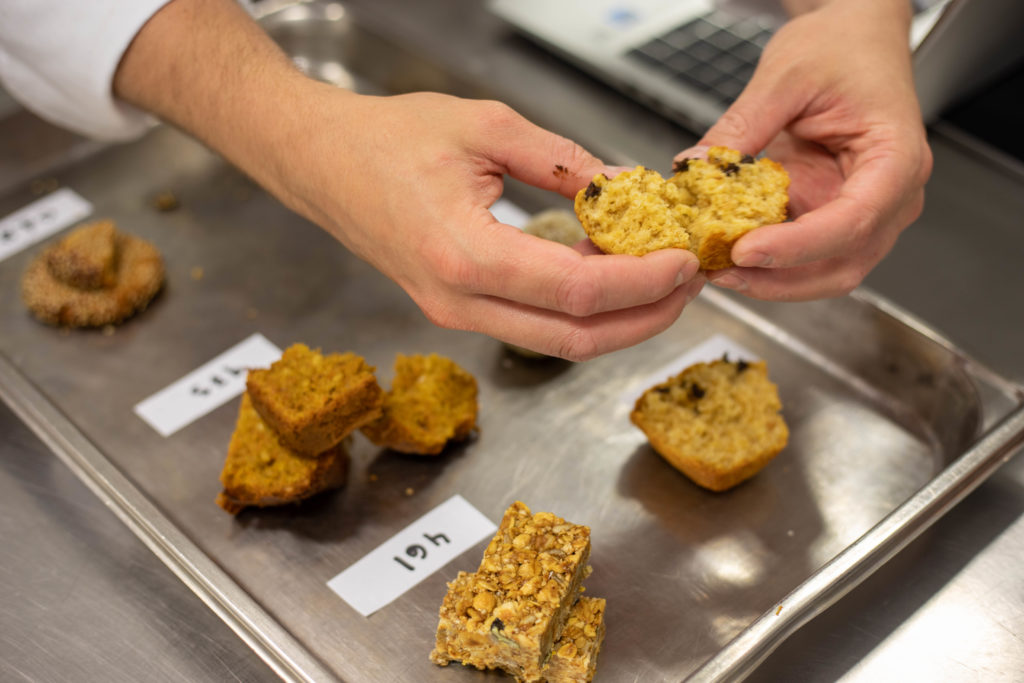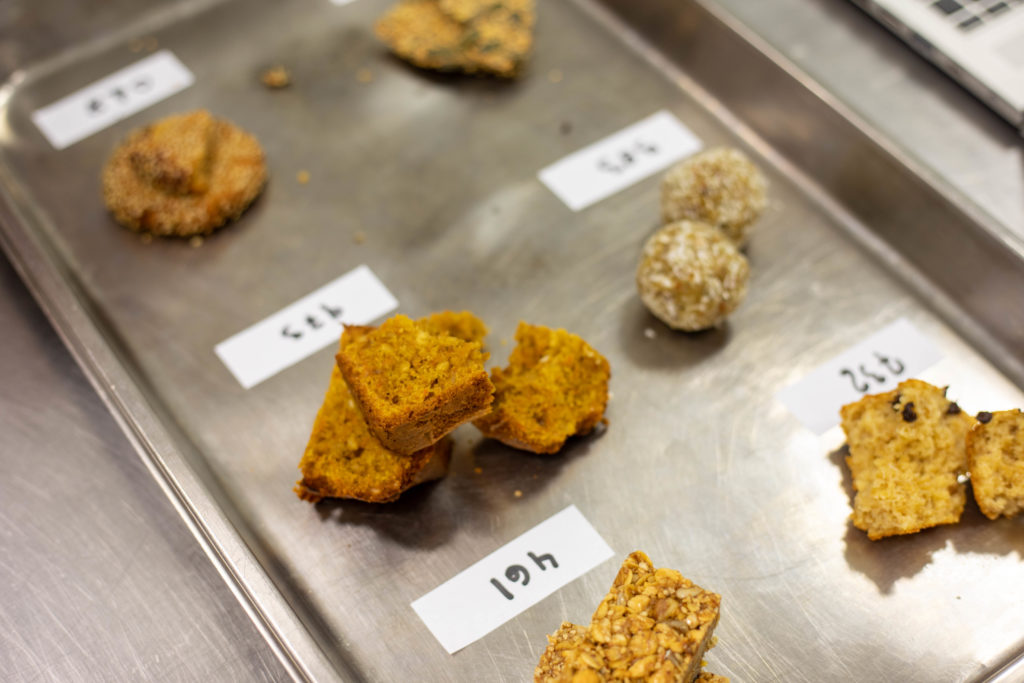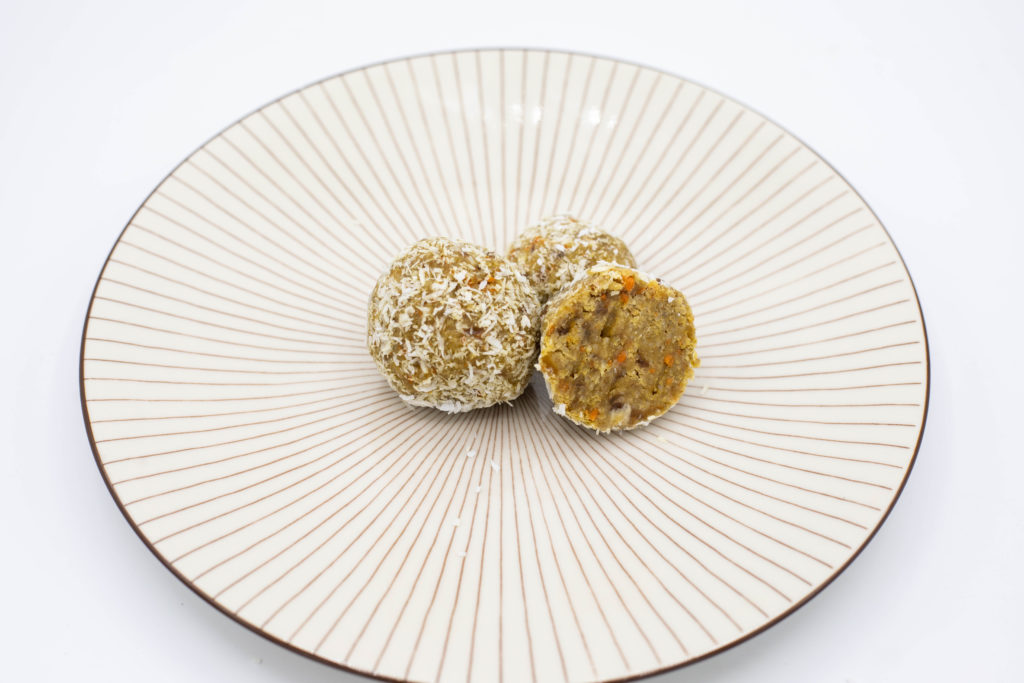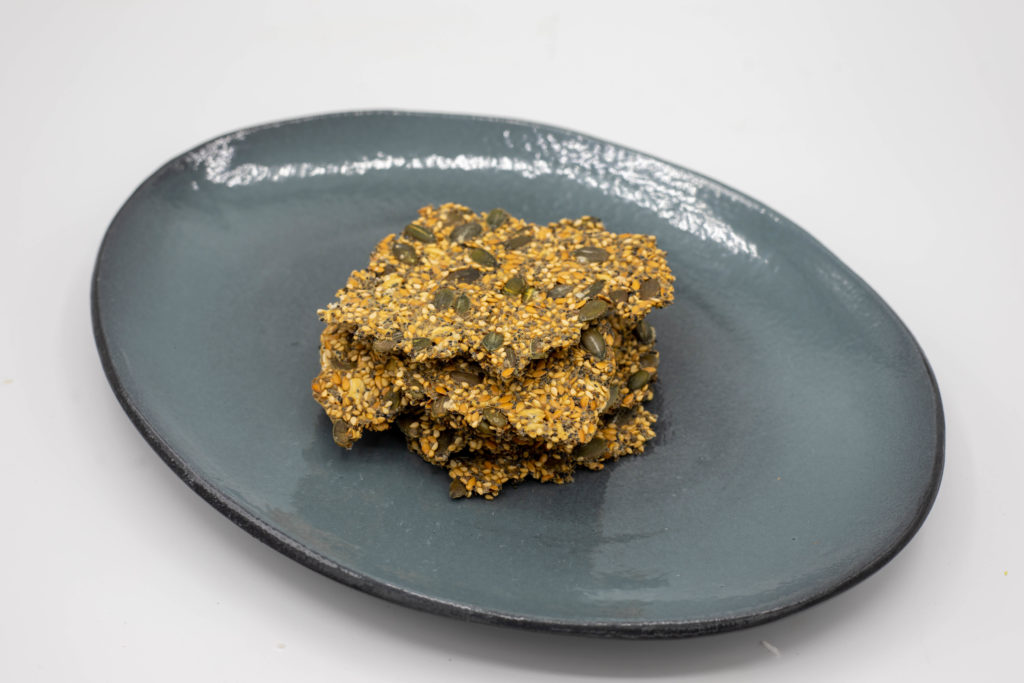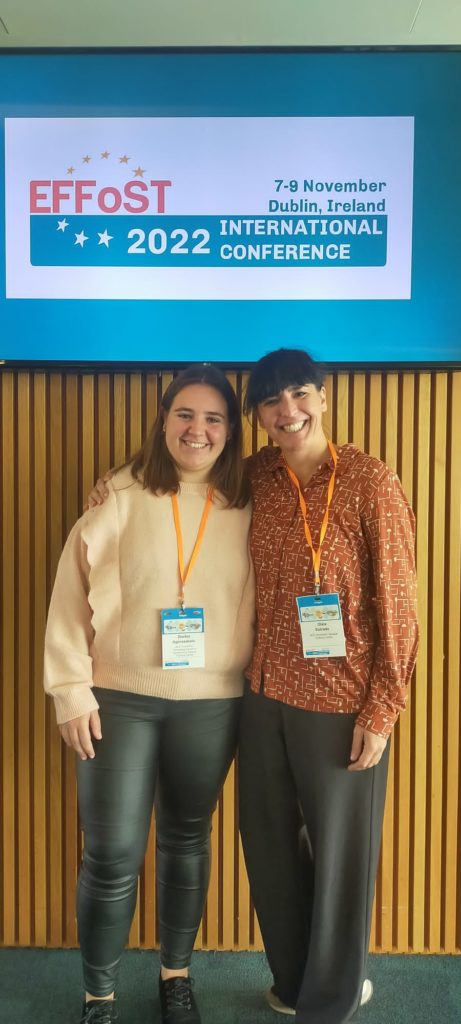EDA Drinks & Wine Campus avanza en su hoja de ruta. Concretamente el proyecto EDA Drinks & Wine Campus ha sido presentado hoy en Laguardia a un grupo de representantes y agentes del sector vitivinícola, que han expresado, a través de una dinámica participativa, las necesidades y sugerencias del sector para configurar la definición detallada de contenidos.
Uno de los momentos clave del encuentro ha sido el anuncio de que Laguardia acogerá la sede de EDA en Rioja Alavesa. Esta sede fortalecerá el proyecto junto a la sede de Vitoria-Gasteiz, sumando sinergias ambas en favor de la cadena de valor del vino y las bebidas a través de la formación universitaria, la investigación, la innovación y el apoyo al emprendimiento.
La parcela donde se edificará la sede de Laguardia está situada en un espacio cercano a la “Casa del Vino” de esta localidad, lo que constituirá un entorno propicio en este ámbito. La parcela consta de 3.900 m2 y en ella se construirá un nuevo edificio de 2.500 m2, que albergará los espacios orientados a la formación universitaria, investigación y el apoyo al emprendimiento.
La sede de Rioja Alavesa estará centrada en el universo del vino y su objetivo es atraer talento, ofrecer formación especializada de alto valor, así como desarrollar líneas de investigación cuyo objetivo fundamental será la transferencia de conocimiento al sector.
La formación avanzada y el conocimiento son elementos básicos para la evolución del sector del vino. Responden a la necesidad de hacer crecer el sector desde la perspectiva de evolución del talento, teniendo en cuenta la complejidad y la sofisticación de la producción del vino y otras bebidas. El compromiso de EDA es impulsar la innovación, el emprendimiento y la sostenibilidad en la industria vitivinícola, posibilitando el desarrollo de técnicas más eficientes y la aplicación de prácticas más sostenibles que se adapten a los desafíos de este sector.
En un mundo cada vez más globalizado, EDA contribuirá a construir puentes que conectarán las tradiciones locales con las tendencias internacionales, reforzando el posicionamiento territorial de Euskadi, y de Rioja Alavesa.
En este contexto, EDA busca posicionar Araba al nivel de grandes regiones del vino del mundo, como Burdeos, Napa o Adelaida, también en lo que se refiere a universidades y centros especializados de alto nivel, que ya existen en dichos lugares. EDA tiene previsto recibir sus primeros estudiantes en septiembre de 2026 aunque, la actividad arrancará en 2024 a través de cursos especializados, talleres y formaciones específicas que se irán anunciando de manera conveniente.
EDA Drinks & Wine Campus contribuirá a la transformación del sector de las bebidas convirtiéndose en referente internacional de innovación y aportando un componente diferencial a empresas y entidades en el diseño de negocios, productos y servicios bajo principios de calidad, sostenibilidad y salud, con un enfoque local y global y generando desarrollo económico y social.
Para el diseño de las dos sedes de EDA se convocará un concurso de arquitectura con el objetivo de seleccionar el estudio de arquitectura que será responsable del proyecto arquitectónico.
EDA es un proyecto desarrollado y liderado por Basque Culinary Center, promovido Gobierno Vasco y Diputación Foral de Álava. Basque Culinary Center conforma un ecosistema pionero de referencia internacional donde formación, innovación, investigación y emprendimiento coexisten con el objetivo de desarrollar e impulsar la gastronomía, asumida esta como el conocimiento razonado sobre lo que comemos y cómo lo hacemos.
Su misión se fundamenta en valores como pasión, innovación, orientación a la excelencia y compromiso social. Situada desde 2011 en Donostia-San Sebastián, Basque Culinary Center es una institución pionera conformada por la Facultad de Ciencias Gastronómicas y por BCC Innovation, Centro Tecnológico en Gastronomía.
El universo “bebidas” es un mundo lleno de posibilidades y como tal, ha estado muy presente en su formación, tanto en el grado universitario, a través de asignaturas en todos los cursos, actividades e iniciativas de diversa índole que transfieren conocimientos de sumillería, enomarketing o coctelería a estudiantes, como de máster y cursos. Desde 2013, Basque Culinary Center cuenta con el Máster en Sumillería y Marketing del Vino, y diversos cursos de coctelería, bartender o especialización en turismo del vino, diseñados para formarse en los 360º del sector de las bebidas y aprender sobre el lenguaje técnico característico de áreas como la enología y la cata, la sumillería, maridajes, coctelería, cervecería y kombuchas, entre otros, además de todo lo relacionado con el marketing, la promoción, distribución y exportación del vino y otras bebidas.
